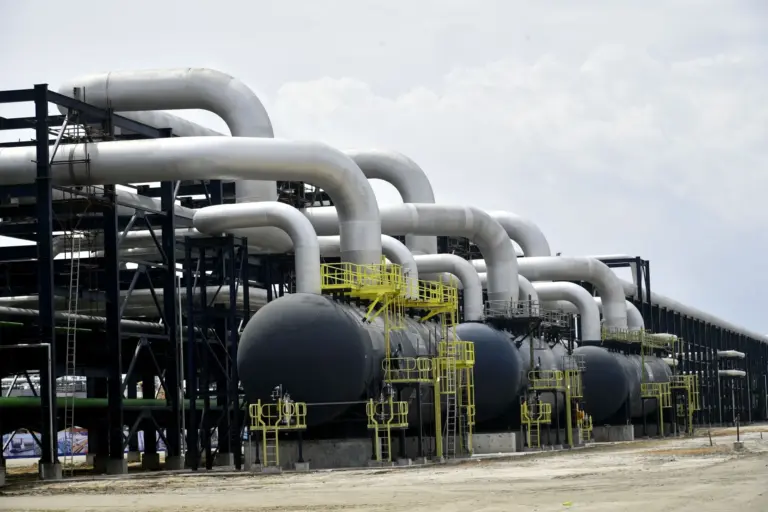Africa’s richest man, Aliko Dangote, is setting the stage for a new wave of investment in his $20 billion oil refinery — a project already reshaping the continent’s energy landscape. In a recent interview with S&P Global, Dangote revealed plans to sell between 5% and 10% of his stake in the Dangote Oil Refinery, opening the door for both local and international investors to buy into one of Africa’s most ambitious industrial ventures.
The move is part of a broader strategy to raise fresh capital and accelerate the refinery’s next growth phase, which aims to expand capacity from 650,000 to a staggering 1.4 million barrels per day. If realized, that would place the Lagos-based refinery among the most powerful globally, capable of meeting not only Nigeria’s domestic fuel needs but also supplying international markets.
“We don’t want to keep more than 65 to 70 per cent,” Dangote said. “Shares will be offered incrementally, depending on investor appetite and market depth.”
This approach mirrors the partial listings of Dangote Cement and Dangote Sugar, both publicly traded on the Nigerian Exchange (NGX) — a move that has historically drawn strong investor interest while strengthening the group’s capital base.
Refining Nigeria’s Energy Future
Commissioned in May 2023, the Dangote Oil Refinery was built to reverse Nigeria’s long-standing dependence on imported petroleum products. Despite being Africa’s top crude oil producer, the country spends billions annually on refined fuel imports due to its underperforming public refineries.
The facility — located in Lagos’ Lekki Free Zone — has already begun operations, refining crude into gasoline, diesel, jet fuel, and kerosene. Once fully optimized, it could transform Nigeria into a net exporter of refined petroleum, saving the nation billions in foreign exchange and creating thousands of jobs.
Strategic Expansion on the Horizon
Dangote hinted that the next expansion phase might not require a new site, citing existing infrastructure as a major advantage. “We have to build the refinery again, either here or somewhere else. But really, somewhere else is not possible because we’d have to go and spend so much building infrastructure, and we have the infrastructure already here,” he explained.
The billionaire also alluded to potential adjustments in his partnership with the Nigerian National Petroleum Company Limited (NNPC), which currently holds a 7.2% stake in the refinery. “I want to demonstrate what this refinery can do, then we can sit down and talk,” he noted, suggesting that discussions on ownership and strategic direction may evolve once the plant reaches full operational capacity.
The Road Ahead
While the refinery promises to revolutionize Nigeria’s energy landscape, challenges persist. Logistics bottlenecks, regulatory complexities, and supply chain issues have slowed the pace of full-scale production. Nonetheless, momentum is building. The NNPC recently deployed 300 trucks to lift petrol from the refinery — a move that eased traffic congestion around the plant and signaled progress toward consistent output.
For Dangote, the upcoming partial stake sale isn’t just about raising money — it’s about globalizing Africa’s industrial story. By inviting investors to own a piece of the refinery, he’s turning a national project into a continental symbol of private enterprise, innovation, and resilience.
As the refinery scales up, it represents more than an industrial complex — it embodies Nigeria’s bid for energy independence, economic stability, and renewed investor confidence in Africa’s potential to power its own growth.

